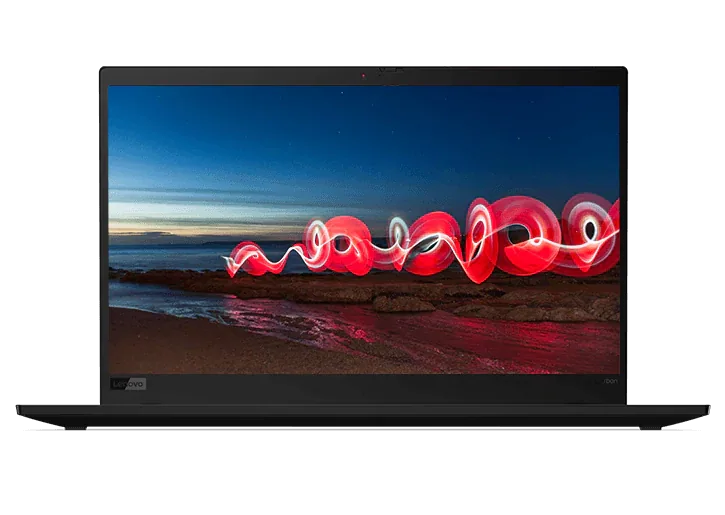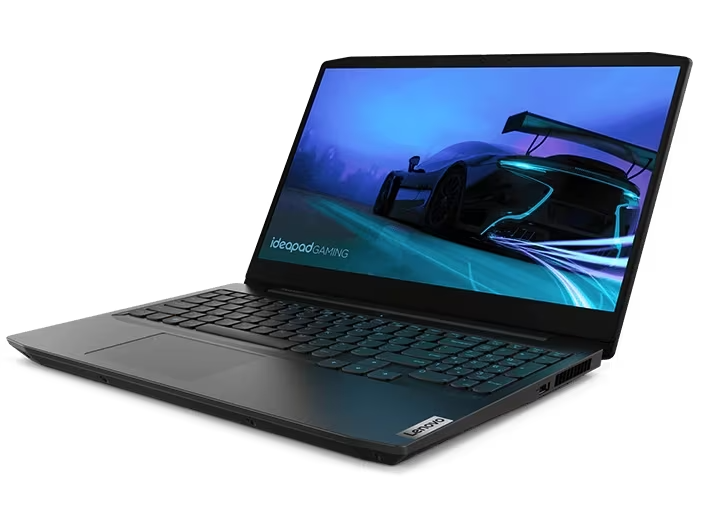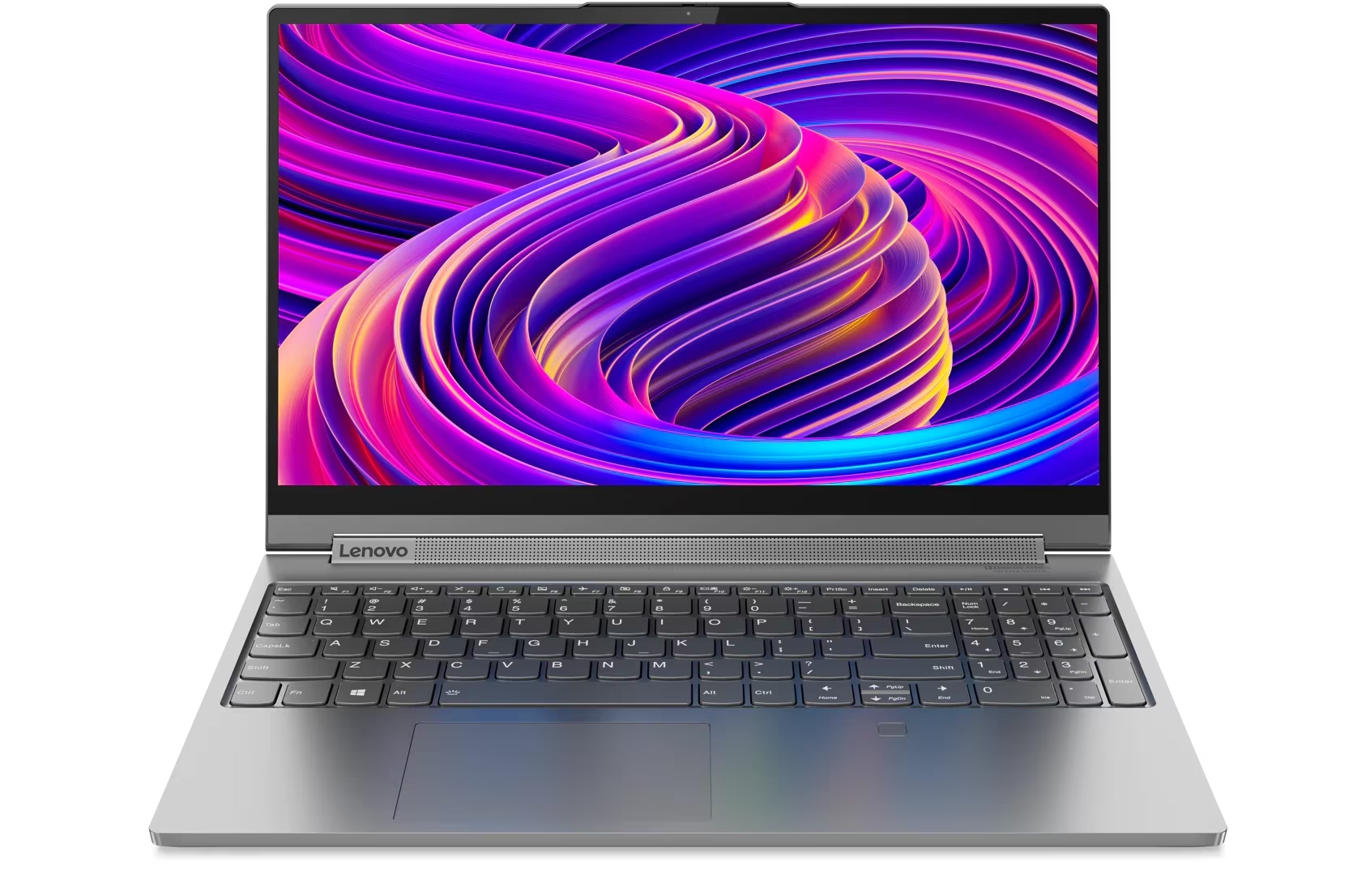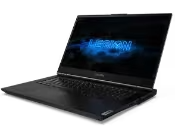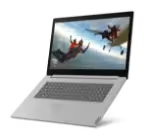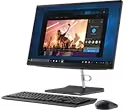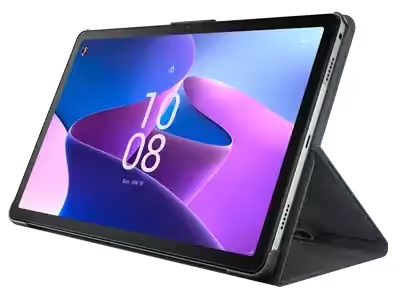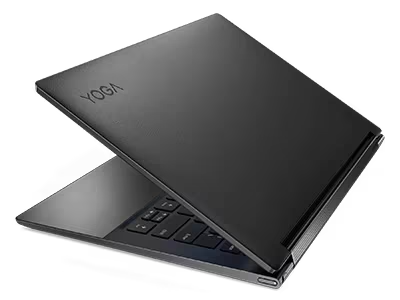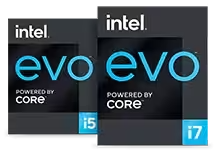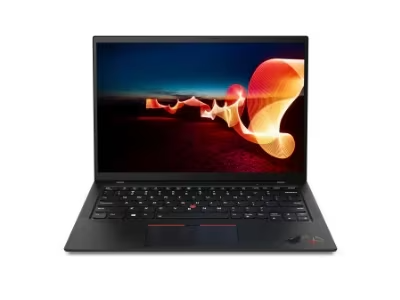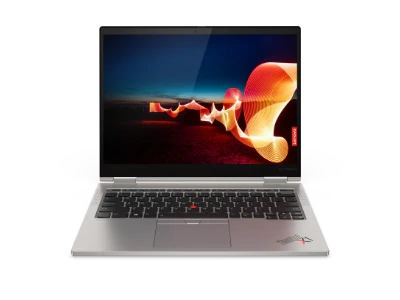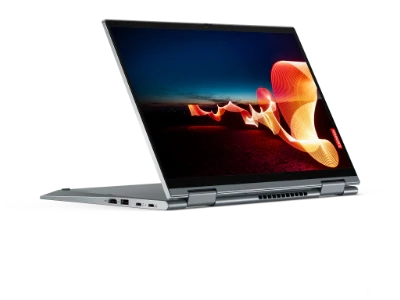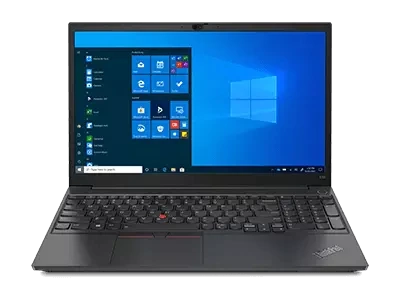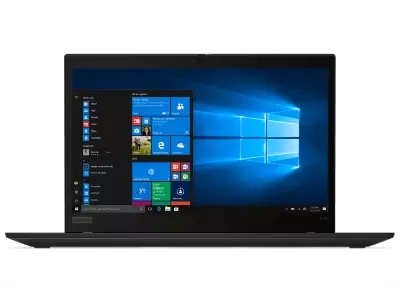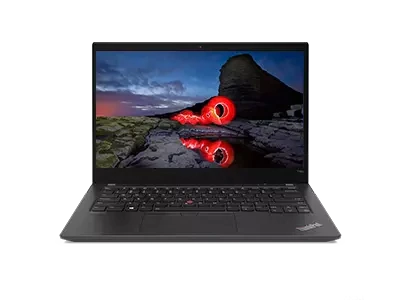Best Laptop for Recording Music
You don’t need an entire recording studio to be a music producer. Now, a powerful workstation with all the right features is all you need to produce the perfect track.
Production and recording are highly demanding tasks that require a lot from your computer. You can’t use just any old laptop – it needs to have a fast, modern processor, substantial amounts of storage, and enough battery life to get you through the workday on the road (now that we’re starting to do that again).
Here, we’ve created a guide to help you choose the perfect laptop for your recording needs.
Let’s hit play.
The Best Laptop for Digital Audio Workstations
You’ll doubtless be working with a DAW (digital audio workstation), so you need a computer that can handle whichever one(s) you choose. DAWs require a huge amount of power, memory. and speed, but if you look below, you’ll see we have that covered.
However, you may be able to cut costs if you pay attention to your DAW. Digital audio workstations usually negate the need for a soundcard and other tools, so check that out before committing to a new computer.
The Best Laptop for Sizable Storage
Having massive amounts of local storage isn’t as important as before because you can save your files on the internet (AKA cloud storage), however, music production takes up a lot of space. A single track can easily take up 1 GB, so you should go with a 1 TB SSD (or at least 512 GB). With 1 TB, you can work freely without worrying about running out of space and focus on what’s really important - the music.
The SSD (solid state drive) is the current favorite because it is lighter, more efficient, and faster than the traditional spinning hard disk drives. A bonus: SSDs are also quieter and more reliable than traditional HDDs. Some music recorders choose to go with a dual drive, which is both the SSD and the HDD, to boost speed and performance.
The Best Laptop for Speedy RAM and Processing Power
Music recording puts a heavy load on your computer’s processor, so you need a workstation that can handle complex computations hassle-free. Recording music requires programs that use up RAM (random access memory) and those programs (like digital audio workstations) need an ample amount of disk space to operate efficiently.
The best laptops for recording music have an excellent processor with multiple cores, at least 2.4 GHz or more of computing power, and, at the very minimum, 8 GB of RAM (though 16 GB is recommended). Anything less will result in a slow, unwieldly process that will have you pulling your hair out.
If you plan on storing large files and working with big projects, you’ll need plenty of RAM to keep a steady workflow. With all the heavy programs and music files, most music producers prefer at least 16 GB to ensure tasks run smoothly.
The Best Laptop for Unbeatable Battery Life
IF you’re recording music, you probably plan on traveling frequently. The average battery life is anywhere from 1-5 hours, but can last for much longer. You should only consider a laptop that has a battery life of at least 7 hours or more. Is a laptop really portable if you have to charge it every three hours?
We don’t think so.
Lenovo’s ThinkPad P Series mobile workstations have up to an impressive 16-hour battery life and are a growing favorite of professionals in the music industry.
The Best Laptop with a Plethora of Ports
Chances are, you’ve got tons of accessories to plug in to your workstation. Some are essential (the wireless mouse, high-def headphones, etc.), and others aren’t (such as the reading light or guitar-shaped pen charger). The point is that you need enough plug-in (ports) for all of these tools.
The best laptop for recording music has all the basic ports, plus the extras you’ll need, with ports to spare.
Factors to Consider
If you’re recording music, there are a few features you must consider before you commit to a laptop, or you may regret your choice later.
Processor – The best laptops for recording music have the top processors (CPUs), and the best processors have multiple cores that provide more than 2.4 GHz of computing power to ensure cohesive workflow. An i5 or i7 quad-core processor would be in the ballpark of the power you need (and is extremely fast and efficient).
RAM – Programs rely on RAM for storage, so it’s important to have enough to support your Digital Audio Workspace (DAW) and other compute-intense programs. The best laptops for recording music have at least 16 GB of RAM, though 32 GB + is the recommended amount.
Storage (SSD, HDD, and External Hard Drive) – SSDs (solid state drives) are the current favorite for primary storage, as traditional spinning hard disk drives are less reliable, heavier, and have a slower boot-up speed. However, some music professionals choose a dual drive, which is both an SSD and HDD. With both types of drives, you can increase speed and performance. Some producers use an external hard drive, but the best recording laptops don’t need external storage.
Display – An ideal display for music producers is large, high definition, with enough screen space to enable you to open windows side-by-side and multitask with ease. You can do basic recordings on a small screen if necessary, but if you’re mixing dozens of tracks, you’ll want a bigger screen, at least 17”.
Graphics – It’s not always necessary to use a dedicated graphics card for recording music – today’s processors have integrated GPUs that are certainly up to the challenge. Unless you’re working with heavy videography, save some money by choosing a laptop with an integrated GPU.
Plenty of accessory ports – The best laptops (for anyone) have enough ports to accommodate your accessories. Every profession has its toolbox, and music production is no different. Ensure the laptop you’re considering has the ports you need.
Wireless/Wi-Fi – You’ll certainly be uploading your tracks online, so you’ll need the fastest Wi-Fi available. The new IEEE standard is 802.11ac (5 GHz, up to 1300 Mbps), which is almost three times the previous standard (802.11n, up to 450 Mbps).
Long-lasting battery – You want to run intense programs that will demand a lot from your battery, but you still need a full day’s work. Look for a workstation with excellent battery life, perhaps even an optimized work mode. Remember: 7 hours of battery life, or move on.
Lightweight but sturdy – Great laptops can withstand more than their fair share of accidents. You’ll likely travel with your workstation frequently, so you need it to be light, but still built like a tank.
Webcam – You’ll definitely need a good webcam for any workstation in 2021. Online meetings, appointments, consultations, and more all require a high-definition webcam that provides a clear, crisp video. Microphones are a bonus, but it’s usually better to use a headset (another reason for more ports!).
What Do Music Recorders Need in a Laptop?
The best laptop for recording music has an elite processor, plenty of RAM and storage, and a few the following key features.
The best laptop for recording music has everything you need for a premium track:
- CPUs with multiple cores that can juggle even the most hardcore programs in a snap – ideally, i7 quad-core processor with 16 GB RAM or better
- At least 512 GB SSD (solid state drive) storage, though 1 TB is recommended
- Lightning-fast wi-fi to upload music files - 802.11ac (5 GHz, up to 1300 Mbps) is the new IEEE standard, which is almost three times the previous standard
- High-resolution display that is large enough to view multiple windows side-by-side without straining your eyes
- Lightweight, yet durable enough to withstand inevitable accidents
- Plenty of inputs for accessory devices
- Long-lasting battery life of at least 7+ hours; most music professionals prefer 10+ hours
- Excellent graphics card – a dedicated GPU or integrated GPU will work, as long as the integrated GPU is a newer version
- Web cam for online appointments, meetings, and consultations
It’s true: you don’t need to rent a studio to produce a hot track. Now, you can bring the studio to you (and wherever else you want to go).
With a speedy, powerful processor, loads of storage, and all the ports you could need for your accessories, the Lenovo ThinkPad P Series has everything you need for recording music in one lightweight, sturdy, highly efficient workstation.
